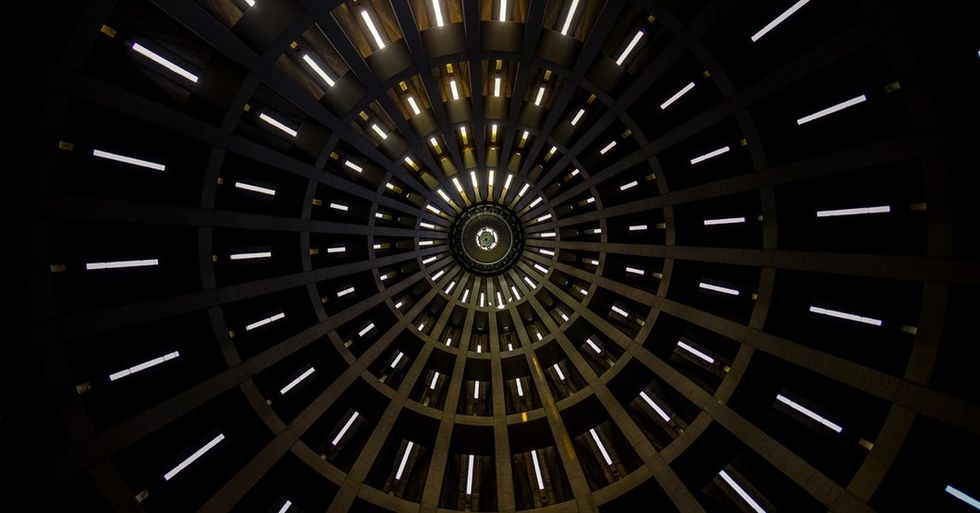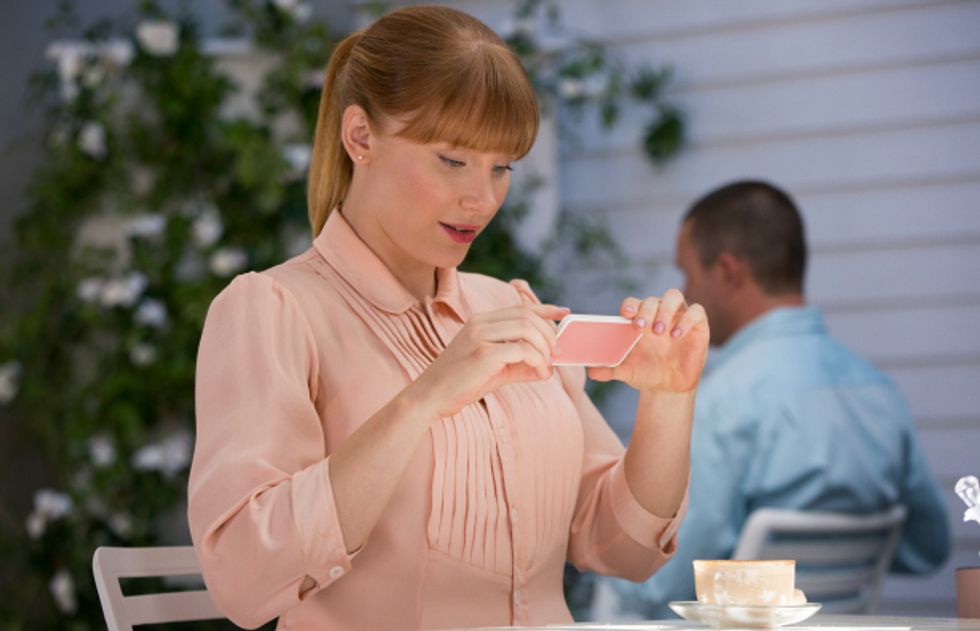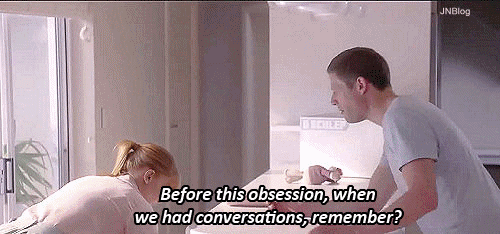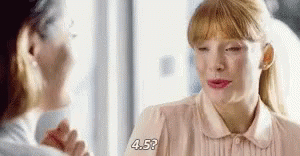Technology. Technology surrounds us daily as we interact with friends, co-workers, family members, etc. Through the access of phone calls, FaceTime, Skype video calls and social media. While the recent updates to technology over the last decade have improved drastically, the effects technology leaves on millennials today has become overwhelming.
Netflix series "Black Mirror" has taken over and become a hit show. I was first shown an episode of "Black Mirror" in my Expository Writing class as a gateway to our technology unit. The series' first episode of the third season is exceptionally written. 'Nosedive' delivers the obsession society faces with technology, and the unpleasing effects.
1. Characters in the episode are always holding their phones.
Main character, Lacie Pound, is introduced in the opening scene of the episode as she goes for a morning run while looking at her phone. Nowadays, teens are glued to their electronics. I am guilty of this myself, however, I am working on minimizing my time on my phone and using social media.
Throughout this episode, it is important to note how many times the characters utilize their phones. After watching this episode several times, I reminded myself of how many times I would look at my phone in an hour, so I could minimize how much I spend time looking on apps and social media.
2. Everything is done over the phone
Between Lacie taking pictures of her everyday activities to catching up with old friend Naomi, Lacie's phone is attached at her hip, meaning she never goes anywhere without it and does everything with it. Conversation has become almost extinct whereas "rating" each other has become the new normal. After a conversation with someone or receiving a service of any kind, Lacie along with other characters rate each other. This rating could potentially raise the average number or drop based on confrontation.
I've noticed this more and more as I was in high school. Students were on their phones so much It had gotten to the point where teachers needed to apply a "phone jail" to their class rules. Students used their phones for everything during a school day, from school work, pleasure, etc. which I find rather unsettling.
3. High ratings correlate to high self-esteem
After several conversations with various people, Lacie's rating continues to increase, therefore allowing her confidence to become apparent. Much like today's use of social media, the more 'likes' and 'followers' we have, the more popular and likable we are, which is a false and disturbing misconception.
4. Low ratings = limited to no privileges
If the character's ratings continue to decline, it becomes difficult for them to purchase houses, find sponsorship, etc. Ultimately, the show depicts a high standard for its people and if the characters don't live up to that standard, privileges are slowly taken away. In my opinion this is cruel, but accurately paints a picture of how millennials act towards their profiles on social media.
5. Social media takes over your life
Time after time Lacie's average rate dropped so low that the fight to bring it back up was impossible. She cared so much of how others viewed her that she tried too hard and wound up bringing her rate down significantly with every penalty faced. It had gotten so low to the point she became mentally insane, threatening people with knives who did not rate her a good score.
While I myself use social media for fun, I do not let the amount of 'likes,' 'followers,' or 'comments' define who I am as a person. I believe all millennials should take this into consideration and not rely on social media for confidence.






















